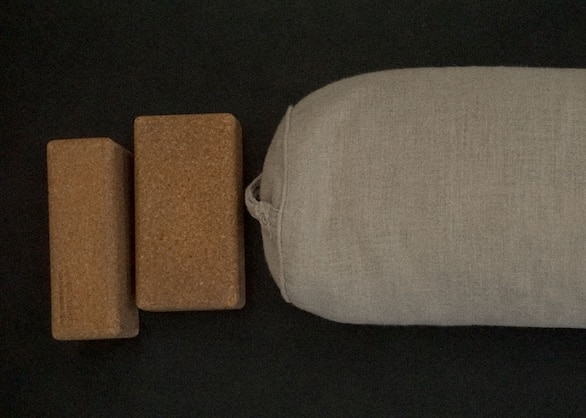We joined in conversation with Molly Nourmand, LMFT, a Los Angeles-based psychotherapist who specializes in supporting women in their transition to new motherhood. Molly is passionate about helping expectant mothers properly prepare for the postpartum period and notes the marked differences between first-time and more experienced moms. She shares her wisdom about how and when to start planning for life after birth—and makes it known it’s not just the pregnant mother who should be doing the planning. Read on to find out why Molly believes the Fair Play framework can help parents achieve optimal domestic balance in a household with a new baby.

LHM

